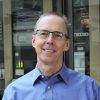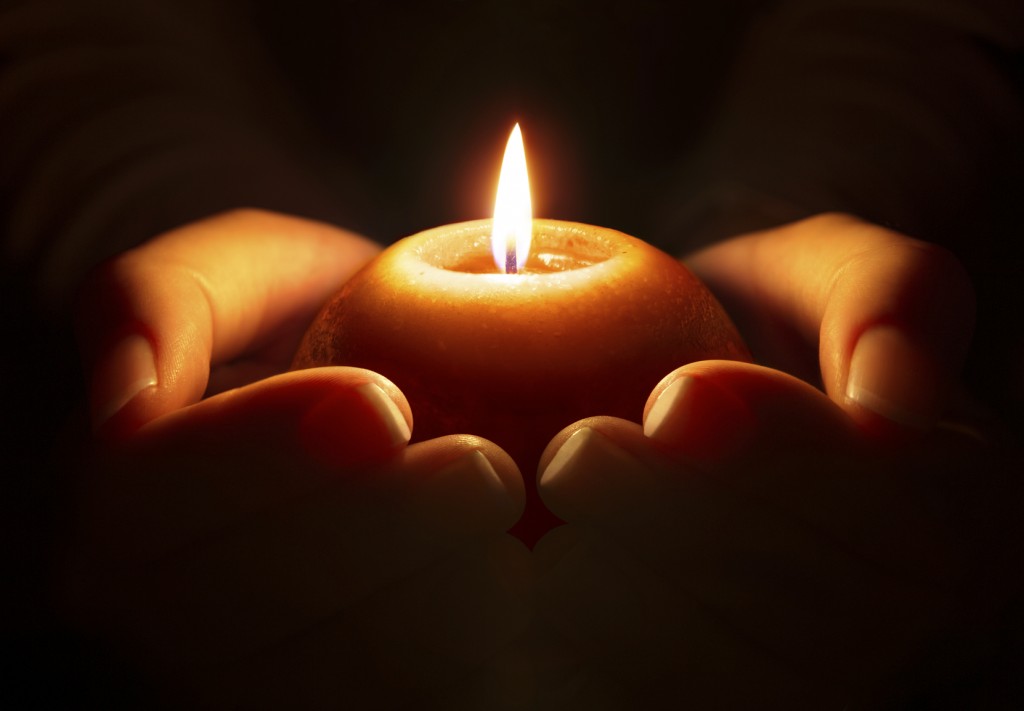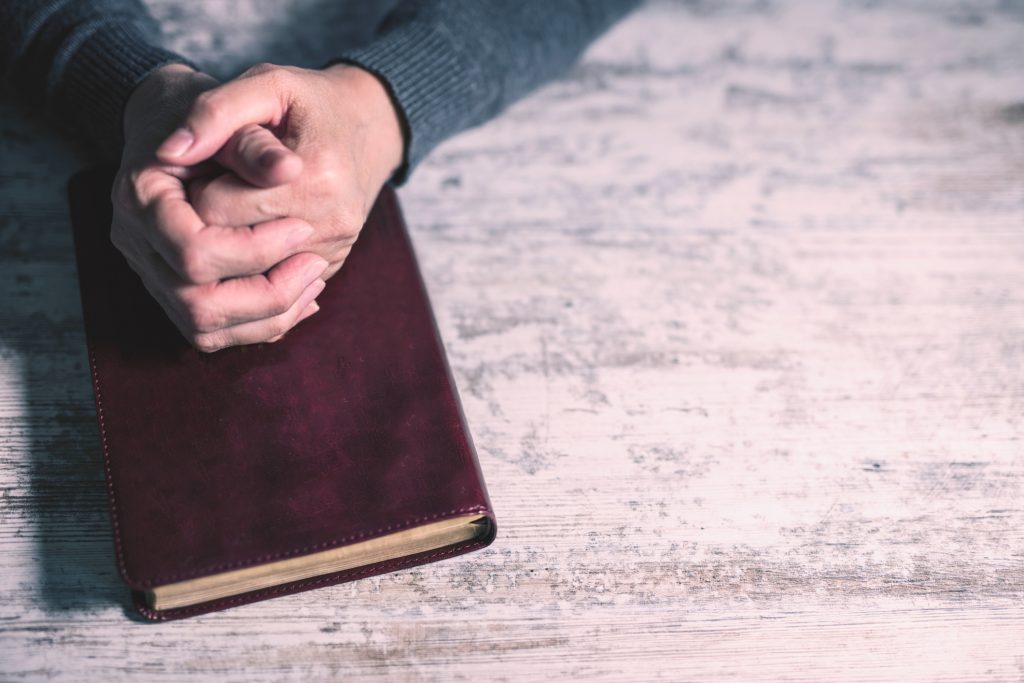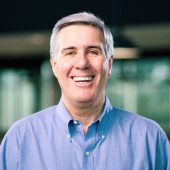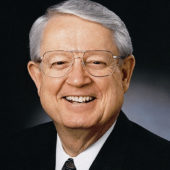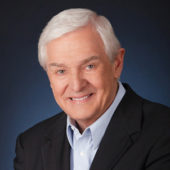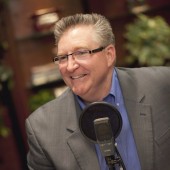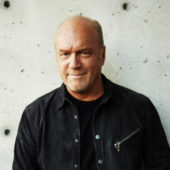Rosaria Butterfield was living in a same-sex relationship, actively involved in the LGBT community and teaching gay studies at a local university when local pastor gently invited her into a conversation about the Bible and faith.
She reflects on personal experience and explains why the church has not done so well, historically, in responding to the LGBT community.
“One of the challenges that I think Christians faced early on, is in having a good and accurate diagnosis of homosexuality. We looked at it as a separate category of personhood, just as Freud would have us do, and that did not give us the theological rescue that we needed.”
She elaborates on the reality of original sin from Genesis 3 and how that relates to homosexuality.
“I don’t think that it helps to see homosexuality as such a discrete and different problem. What homosexuality is is an imprint of original sin on people’s lives. We are all imprinted by original sin, and for some of us, the imprint is same-sex attraction.”
In addition to having a misunderstanding of homosexuality, the church has been missing the mark on creating a loving and welcoming environment for our neighbors. According to Roseria, Christians can learn from our LGBT neighbors on how to cultivate community.
“I know that when I was in a lesbian community, our homes were opened every night of the week for food, fellowship and just to stand between you and suicide. We had an organic community; we called ourselves a family of choice.”
“At the same time, the church became quite polarized. When I left a lesbian community and entered the church community, my own perspective was that the church is living on a starvation diet of community. It’s hard to get starving people to eat – it’s almost like they can’t.”
How can the church reclaim its true identity and effectively love and serve others? Rosaria shares helpful insights on how to return to the book of Acts sense of family.
“I think what we need to do is right now say, how are we going to go forward and develop a hospitality community that is so lovely, pervasive and powerful that we can be both earthly and spiritual good to all of our unsaved neighbors? Not just our neighbors who identify in the LGBT community.”
“Not only are we capable of doing that, we have the Lord’s blessing and the Lord’s command to do that. We need to start living like a family of God whose lives are intertwined by the blood of Christ, and who gather together organically, and not by appointment only.”
Rosaria Butterfield was once a tenured professor of English who identified as a lesbian and worked to advance the cause of LGBT equality. After her conversion to Christ in 1999, she came to see the sinfulness of having any identity apart from Him. She is helping Christians to better understand their LGBT neighbors and loved ones so that we can lovingly look past labels of sexual identity and share the gospel effectively.
Openness Unhindered

